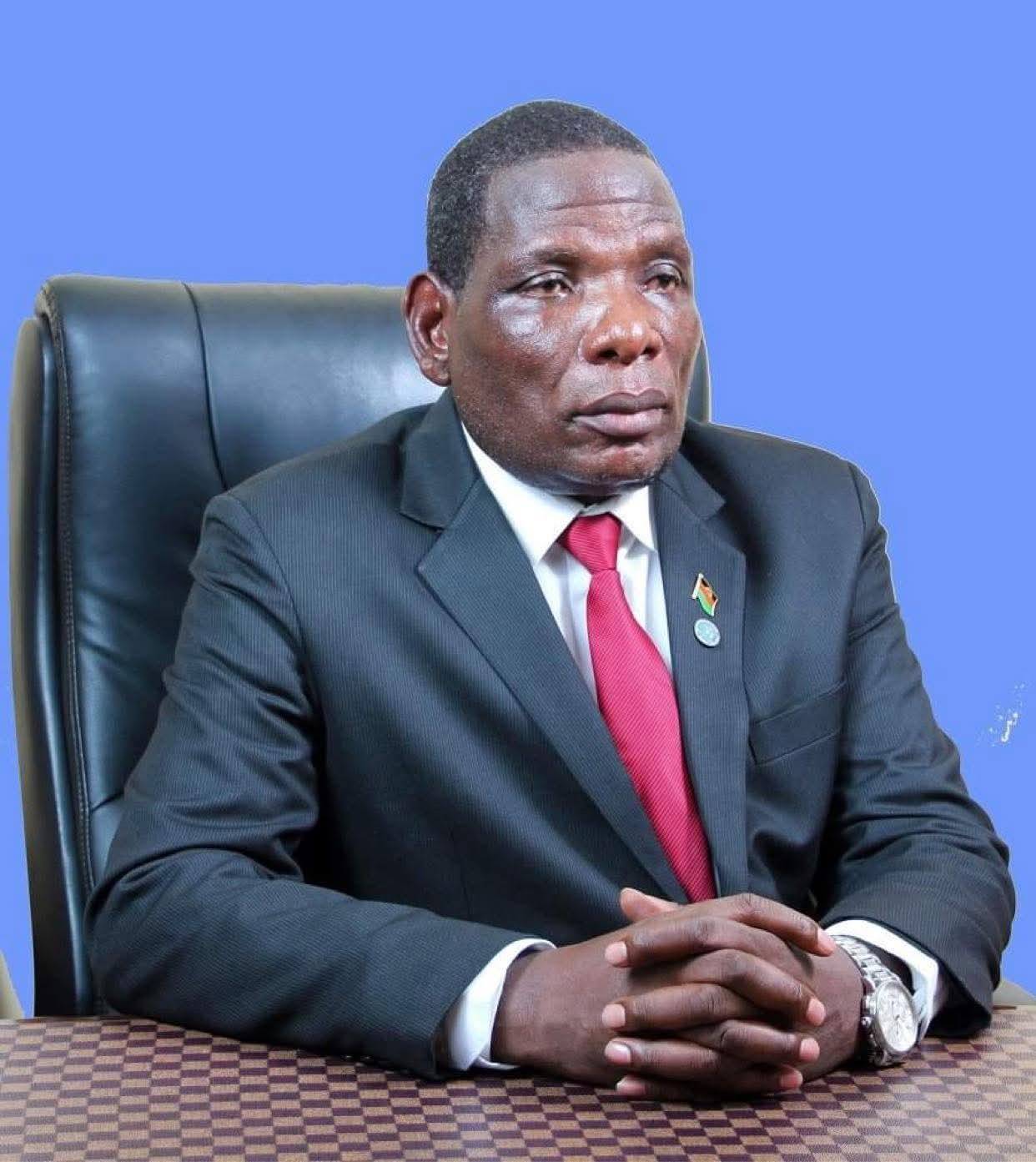By Burnett Munthali
“We are struggling to eat.”
This desperate cry captures the pain and anguish of countless Malawians who can no longer afford the most basic human need—food.
The cost of living has spiraled out of control, and food prices have skyrocketed beyond the reach of ordinary citizens.
The situation has become so dire that many families are now forced to skip meals, rely on handouts, or go to bed on empty stomachs.
“Did has become very expensive,” one speaker lamented, reflecting the voice of the voiceless in a country where inflation is devouring wages and savings.
The phrase, though likely a slip of the tongue, powerfully underscores the chaos and confusion brought about by relentless economic strain.
Amidst this growing national despair, only one name was being praised with hopeful reverence.
“You are the only one, Dad, Professor Arthur Peter Mutharika,” the speaker proclaimed with emotion.
This declaration was made openly, in front of a gathering, as Mutharika stood on stage—not just as a politician, but as a symbol of lost stability and remembered relief.
To the speaker and many in the crowd, Mutharika represents a past era they now romanticize as more bearable, more manageable, more human.
His presence alone seemed to stir nostalgic confidence, a belief that maybe, just maybe, the struggle to eat might come to an end if he returns to power.
This powerful public outcry is not just political—it is personal.
It is the voice of a nation in crisis, seeking rescue, revival, and restoration.
It is a plea for food, for leadership, and for a future where eating is not a luxury but a guaranteed right.




